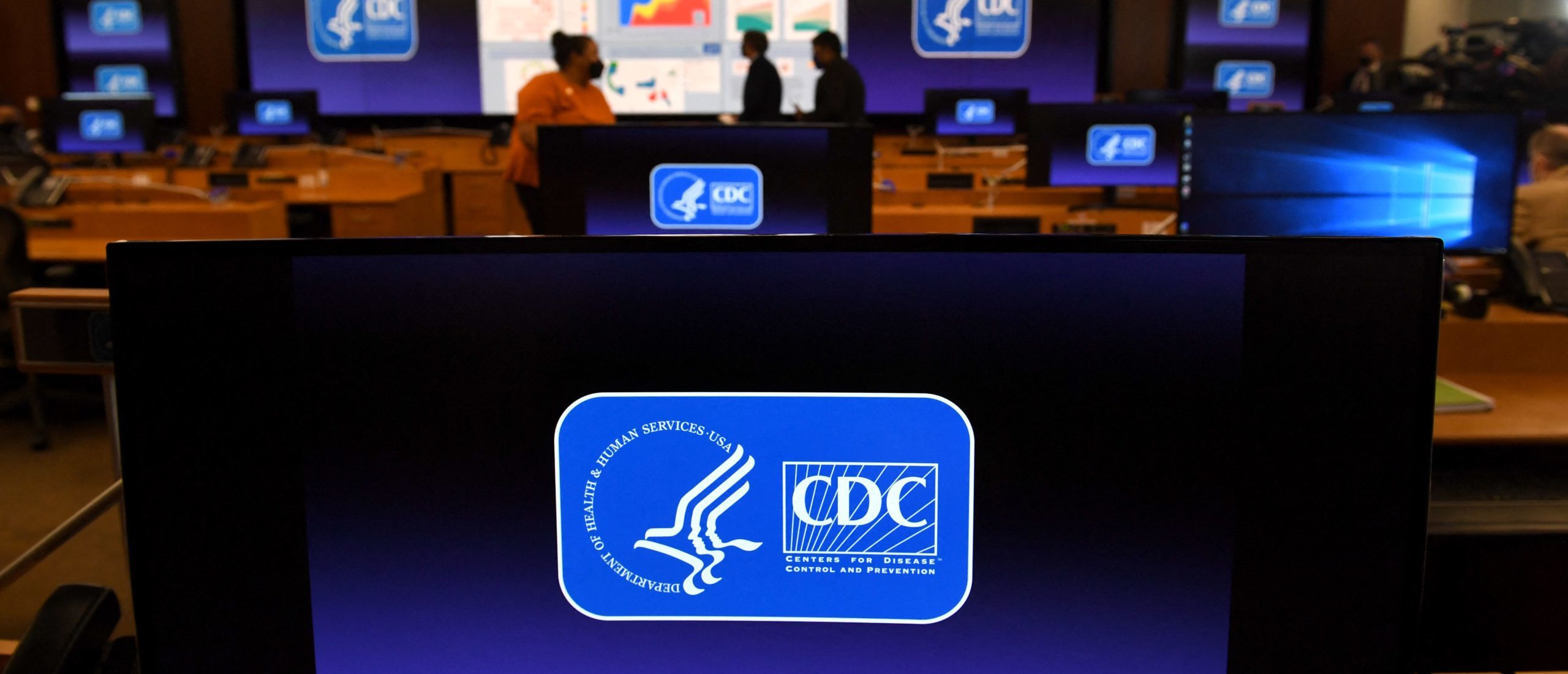Exclusives
EXCLUSIVE: CDC Communications Strategy Champions Addressing Racism, ‘Injustices’ Over Jailing Criminals
No featured image available
The Centers For Disease Control and Prevention (CDC) maintains that putting more criminals in jail does not prevent violent crime but that addressing the “root causes” of violence, like racism, will make communities safer, according to internal documents obtained by the Daily Caller News Foundation.
The CDC is set to release new guidance, titled the Community Violence Prevention Resource for Action, on how to address community violence in the coming weeks, according to documents obtained by the DCNF. In a section of a document detailing the CDC’s planned responses to potential questions from the public on its upcoming recommendations, the agency claims that “increasing punitive measures, including incarceration, does not reduce community violence” and that “we can work to prevent violence by addressing the underlying conditions that contribute to violence,” like racism.
The community violence recommendations are based on the “best available evidence,” according to the CDC, and will identify firearm violence as a “public health problem,” in line with the CDC’s past guidance on viewing gun violence and community violence broadly as public health concerns.
The new guidance will “[weave] health equity concepts throughout” and is intended to help “address structural inequities.” Youth impacted by violence are at a higher risk for “mental health challenges, such as substance use, obesity, high-risk sexual behavior, depression, traumatic stress, low educational attainment or suicide,” according to the CDC’s document.
However, the CDC’s internal communications strategy, obtained by the DCNF, sheds further light on how the CDC views criminal justice. The strategy indicates the CDC views crime as the product of underlying social factors like racism and economic inequality, and that it views incarceration as an ineffective means of reducing crime.
“Isn’t community violence caused by criminals who make poor decisions?” and “Shouldn’t we just lock these people up to keep communities safe?” are among the possible questions the CDC is “hoping against hope” it is not asked about their forthcoming guidance, according to the document.
“Racism, economic injustices, and other systemic inequities contribute to the current and persistent increased risk of violence experienced by some communities,” the CDC’s pre-written answer to those questions reads.
“Dominant public narratives” surrounding crime and race “often consider violence primarily a problem of personal responsibility,” the CDC continues. Focusing on personal responsibility as a way to reduce gun crime “invokes images of youth and young adults, and especially Black or African American youth and young adults, as aggressors, troublemakers, or worse,” the CDC says.

(Photo by ERIC BARADAT/AFP via Getty Images)
“Harmful narratives around race and violence” are “biased and inaccurate” and can “rob youth and young adults of their humanity by failing to value them as complete people and valued members of communities,” the CDC document states.
Instead of buying into these narratives, stakeholders should work toward addressing root causes of violence, according to the CDC. The CDC identifies things like “structural racism” and “historical injustices” as among these root causes.
“The resource and its supporting materials are still undergoing CDC review,” a CDC spokesperson told the DCNF.
“The resource will be a compilation of examples of the best available evidence to prevent community violence based on research showing effects on violence or the behaviors or conditions that affect risk for violence,” they continued. Among the evidence cited in the upcoming guidance will be “meta-analyses or systematic reviews and other rigorous evaluations.”
Though the CDC asserted that putting more criminals in jail would not reduce community violence, it did not provide evidence to support its claim when asked to do so by the DCNF.
All content created by the Daily Caller News Foundation, an independent and nonpartisan newswire service, is available without charge to any legitimate news publisher that can provide a large audience. All republished articles must include our logo, our reporter’s byline and their DCNF affiliation. For any questions about our guidelines or partnering with us, please contact [email protected].

